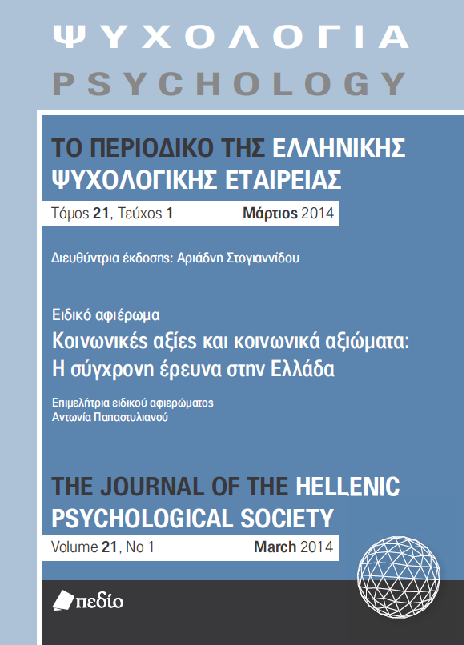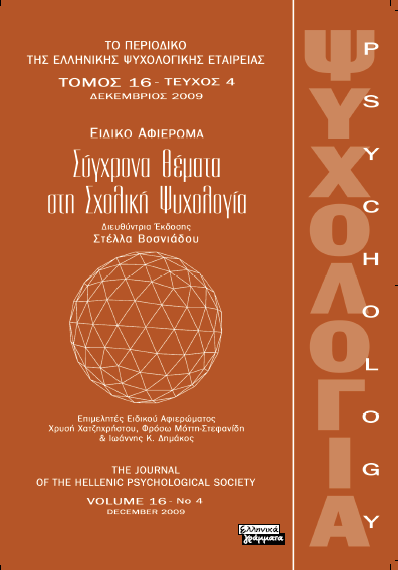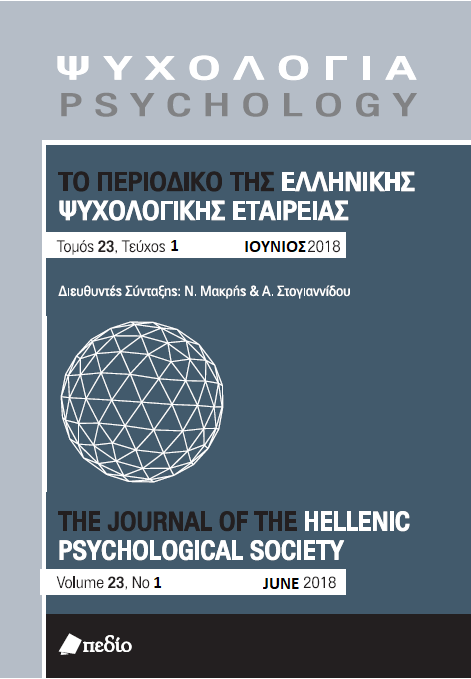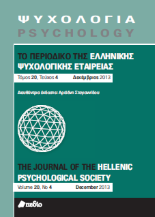Exploring the Role of Values as Background to Political Behavior

Abstract
individual differences in politics are usually studied through the bipolar “left/right” or “liberal/conservative” axis. Traditionally, political preferences are examined in relation to socio-demographic factors. More recently, personal values have been shown to constitute a useful framework for understanding political attitudes. This study attempted to explore emotional, cognitive, and behavioral aspects of individual variation in political behavior on the basis of Schwartz’s value theory. The sample consisted of 304 adults (51% male), aged 21-65 years (M = 39,1), residing in various regions across Greece (55% in the Athens metropolitan area). Participants completed the Portrait Values Questionnaire (Schwartz et al., 2001); they also responded on items regarding their core political values (Schwartz et al., 2010), political self-placement, political participation, and socio-demographic profile. overall, results are consistent with research hypotheses. Personal values emerged as significant predictors of political values and political self-placement. Specifically, tradition, security and achievement were associated with the political right and universalism with the left, as well as with unconventional forms of political participation. The above findings are being discussed with regard to the existing models of values and political behavior, along with the multi-faceted crisis that the Greek society is undergoing.
Article Details
- How to Cite
-
Παυλόπουλος Β., & Vecchione, M. (2020). Exploring the Role of Values as Background to Political Behavior. Psychology: The Journal of the Hellenic Psychological Society, 21(1), 1–20. https://doi.org/10.12681/psy_hps.23257
- Issue
- Vol. 21 No. 1 (2014)
- Section
- SPECIAL SECTION

This work is licensed under a Creative Commons Attribution-ShareAlike 4.0 International License.
The journal PSYCHOLOGY adopts a Platinum open-access policy. Submission, processing or publication costs are waived by the Hellenic Psychological Society. Papers published in the journal PSYCHOLOGY are licensed under a 'Creative Commons Attribution-ShareAlike 4.0 International' licence. The authors reserve the copyright of their work and grant the journal the right of its first publication. Third-party licensees are allowed to use the published paper immediately after publication as they wish, provided they retain the defined by the license copyright formalities, regarding the reference to its author(s) and its initial publication in the journal PSYCHOLOGY. Moreover, any adjusted work should be shared under the same reuse rights, so with the same CC license.












